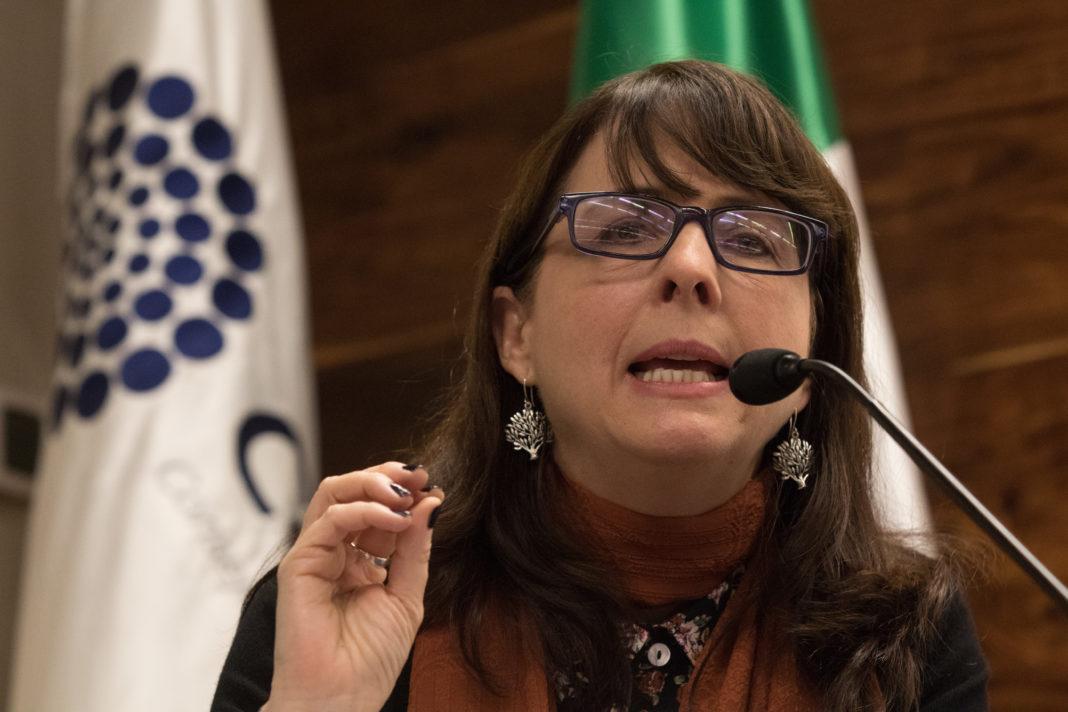
The National Council of Science and Technology (Conacyt) will issue a call in which rural and urban communities may request researchers and technologists to solve local problems including pollution, health and environmental preservation, among other issues, announced Elena Álvarez Buylla, director of the agency, who stated that 50 to 100 projects will be supported in a pilot program.
In an interview, she explained that they are seeking articulation with civil associations and communities in order to know what their demands are and how they believe that science and knowledge can help them address specific problems such as a polluted river or a disease that is affecting the population.
She stressed that a central feature of this new call, which is expected to be issued in March, is that it is the communities themselves that make the requests for science and technology to respond to specific problems, because "many times science and technology is biased in favor of corporate interests and we lose the picture with many macroeconomic indicators, but there are people who are dying from factors that could be prevented."
She added that there will be clear criteria for the selection of projects, because they must be localities with a community organization. It is not about occurrences, there must be previous evidence of the problems that are to be solved. For example, in the Sierra de Juárez, in Oaxaca, the community is seeking to document the biological richness of the foggy forests that are threatened by the construction of a highway and to determine how a mining operation is affecting the pollution of rivers in the area."
Álvarez-Buylla said that projects from urban areas will also be included, where support from specialists has been requested to preserve cultural heritage damaged by the earthquakes of September 2017 or cases of children who have very high levels of herbicides in the body, such as glyphosates, which "were denounced by the mothers of the minors, who realized that their children had serious health problems and sought answers."
